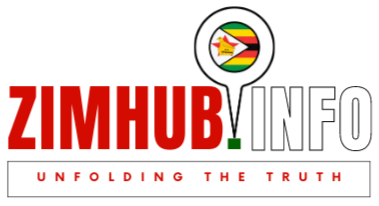SA Markets Edgy As GNU Talks Drag
IN a tumultuous period for South African politics and citizens, discussions surrounding potential coalitions and the establishment of a government of national unity have reached fever pitch.
Analysts have warned that the country is between a rock and a hard place during these negotiations, with future economic progress and stability hinged on the decisions its political leaders will make before the swearing-in of a new government later this month.
All this comes after the long-ruling African National Congress (ANC) failed to win the required 50 percent parliamentary majority in the country’s tightly-contested May 29 elections.
The fact that the ANC differs ideologically with the parties that it is talking to makes its job of choosing potential partners even more difficult, with the impact of whatever structure will emerge from these discussions likely to be felt the most on the economic and geopolitical front.
The rand, for example, has given up some of its gains over the past week, and is currently hovering around the R19 mark to the US dollar — as talks over the mooted GNU drag on.
The market sentiment turned even more cautious late last week, as the uncertainty over the make-up of the new government administration spooked currency speculators.
As the markets awaited a definitive outcome, Anchor Capital’s co-chief investment officer, Nolan Wapenaar, said the rand was a good measure of what the market was thinking.
“A government of national unity raises some concerns within the markets, as these are generally quite unstable and are fraught with the challenges of keeping unity between vastly different political views.
“The economy is not in a position to withstand further pressure from politicians and investors are fearful of coalitions that are negative for the country’s economic outlook,” he said.
Wapenaar added that the weakening rand was in response to some of the coalition risks, which investors were watching with a keen eye. “The possible introduction of populist parties into government is being mooted and concern investors.
“The weaker rand may see petrol prices and the prices of imported goods rise and may prompt the SA Reserve Bank to further delay interest rate cuts,” he said.
Meanwhile, Wapenaar pointed to some structural risks that were also hampering South Africa and adding to the market’s nervousness about the country’s policy direction. He said these included the fact that South Africa’s finances were in a weak state, with very little scope for additional spending programmes.
“The jobs and economic growth initiatives to date just have not delivered what the country needs. “Investors and financial markets are looking for policy certainty and pro-economic growth policies as economic growth will benefit everyone in the long run.
“There is also a significant risk that the government lurches into increased social spending that it simply cannot afford now,” Wapenaar said. *BUSINESS REPORT*

